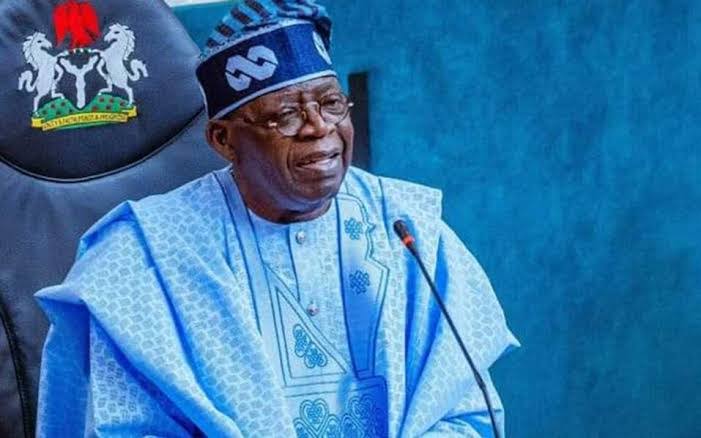In a significant move to cushion the economic hardship faced by millions of Nigerians, the Federal Government has announced plans to expand its social intervention programmes to directly support 20 million citizens.
This initiative, part of a broader economic strategy, comes on the back of a substantial increase in government revenue, which saw a record N9.1 trillion generated in the first quarter of 2024, more than double the N4.06 trillion earned during the same period in 2023.
Wale Edun, the Minister of Finance and Coordinating Minister of the Economy, revealed the government’s ambitious plans at the 30th Nigeria Economic Summit (NES), hosted by the Nigeria Economic Summit Group (NESG) on Tuesday.
He emphasized that the unprecedented revenue surge was being channeled to improve the lives of Nigeria’s poorest citizens through direct financial support and other targeted social programmes.
The Tinubu-led administration, Edun explained, has successfully ramped up domestic revenue by leveraging technology and reforming civil service processes.
Rather than relying on traditional compliance measures from government ministries, departments, and agencies (MDAs), the government has implemented stringent regulations on how much revenue-generating entities can retain and the surplus they must remit to the federal treasury.
“We have applied technology in ways that have streamlined operations within the civil service, ensuring that revenues are captured more efficiently,” Edun noted.
“This revenue boost is what allows us to fund essential social programmes aimed at supporting the most vulnerable Nigerians.”
The minister disclosed that the government’s social investment initiatives are set to impact 60 percent of Nigeria’s poorest citizens, with the current phase already benefiting 4 million households.
“The target is to reach 20 million people across 15 million households,” Edun said, adding that direct cash transfers will form the core of the support strategy.
This initiative, he highlighted, is part of President Bola Tinubu’s commitment to using increased revenue from improved oil production and macroeconomic reforms to mitigate the cost of living crisis brought about by recent economic reforms.
As part of the administration’s efforts to tackle inflation and food insecurity, the federal government is prioritizing agriculture.
Edun outlined plans to boost agricultural productivity, which is seen as key to stabilising food prices and reducing inflationary pressure on Nigerian households.
“We are looking to food production to help bring down inflation. The aim is to make food more available and affordable for all Nigerians,” he said.
To support this, the government has partnered with the African Development Bank (AfDB) to establish agricultural processing zones, which will supply raw materials to domestic industries.
This, according to Edun, will not only lower food prices but also create jobs and strengthen the nation’s industrial base.
Speaking at the same event, Ndiamé Diop, the World Bank Country Director for Nigeria, commended the government’s fiscal reforms, noting that Nigeria’s revenue-to-GDP ratio had long been a concern.
In 2022, Nigeria’s public spending amounted to 12.9 percent of GDP, but revenues covered just 7.6 percent, leaving a significant fiscal gap that was largely funded through debt.
Diop stressed that without the current reforms, Nigeria would have faced a financial crisis.
“The trajectory before these reforms was unsustainable, and the changes being implemented now are critical for long-term economic stability and growth,” he said.
Do you want to share a story with us? Do you want to advertise with us? Do you need publicity for a product, service, or event? Contact us on WhatsApp +2348183319097 Email: platformtimes@gmail.com
We are committed to impactful investigative journalism for human interest and social justice. Your donation will help us tell more stories. Kindly donate any amount HERE




